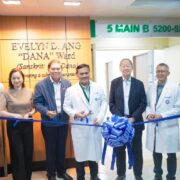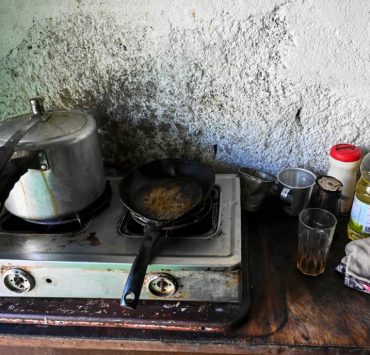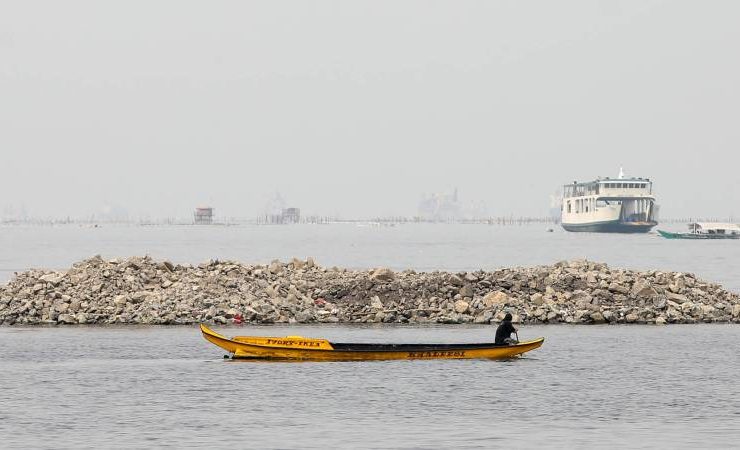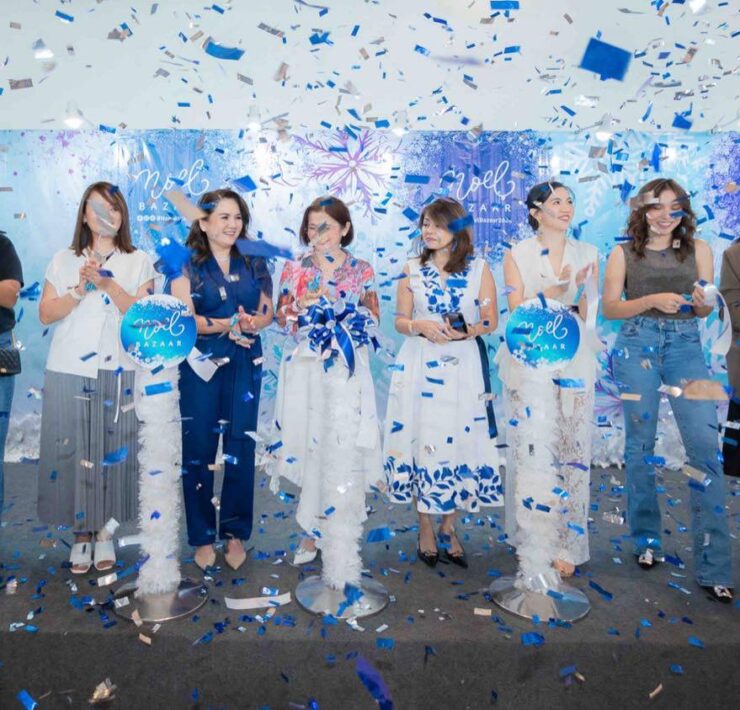Parents find solace at Hong Kong’s ‘Forever Love’ crematorium
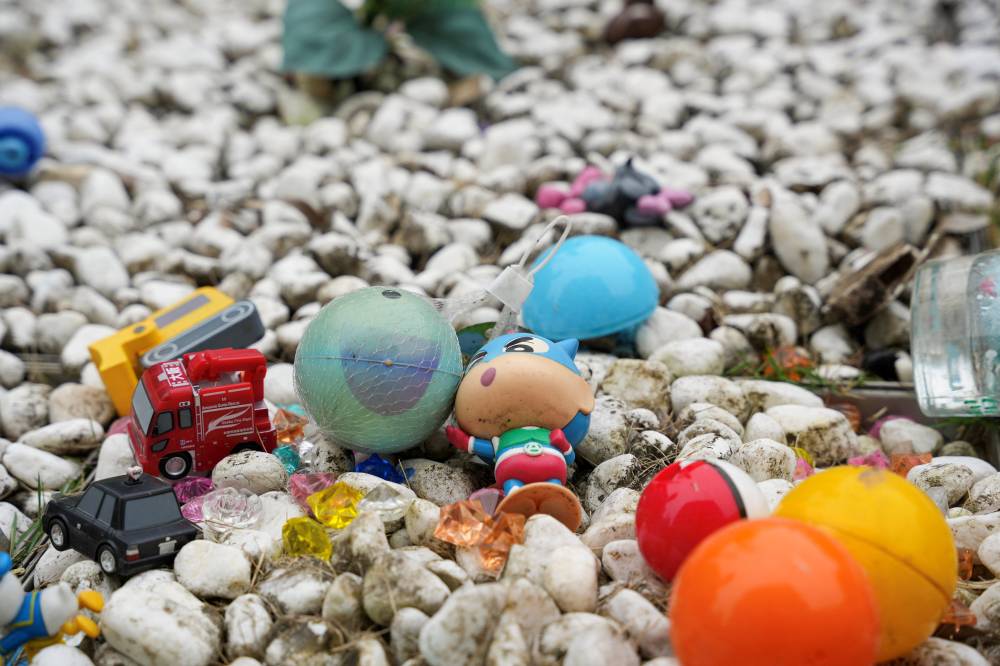
HONG KONG—Behind the doors of a terracotta-pink building with sloping arches is a facility unlike any other in Hong Kong—the city’s sole crematorium where bereaved parents can say goodbye to their unborn babies.
Launched in 2022, the Home of Forever Love provides free cremations for fetuses of less than 24 weeks’ gestation.
Greenery fans across the facility’s curved, geometric architecture—a stark contrast to the rocky cemetery located next door—while a trail leads to a garden where the ashes can be scattered.
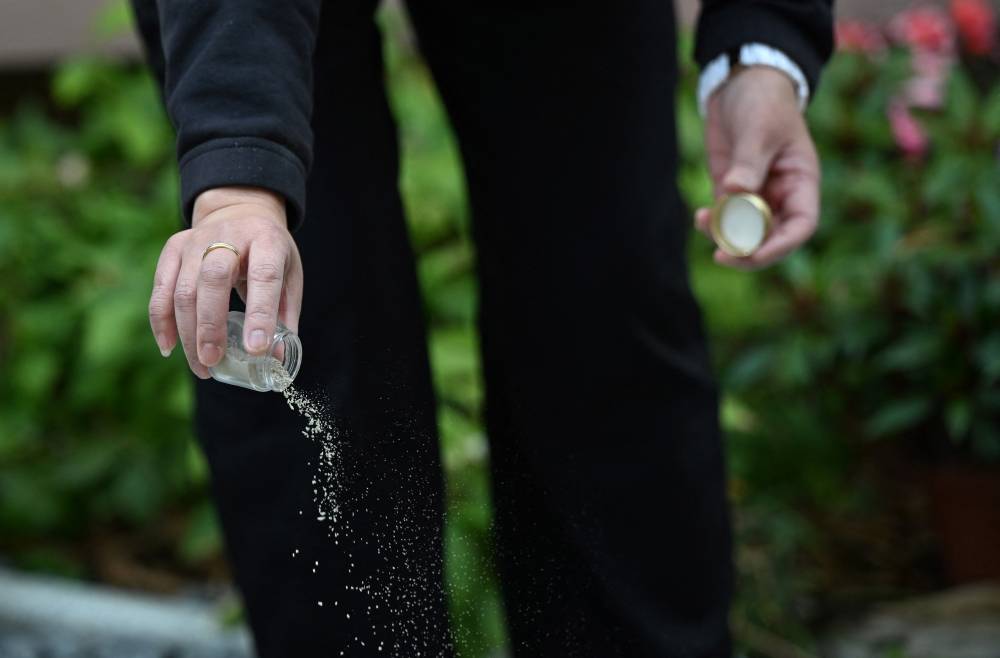
“The first mission…is to ease the pain” of families for the farewell ceremony, said Benny Lee, cofounding director of BREADstudio, which designed the building that houses the crematorium.
The cremation process mimics a familiar bedtime ritual, he said.
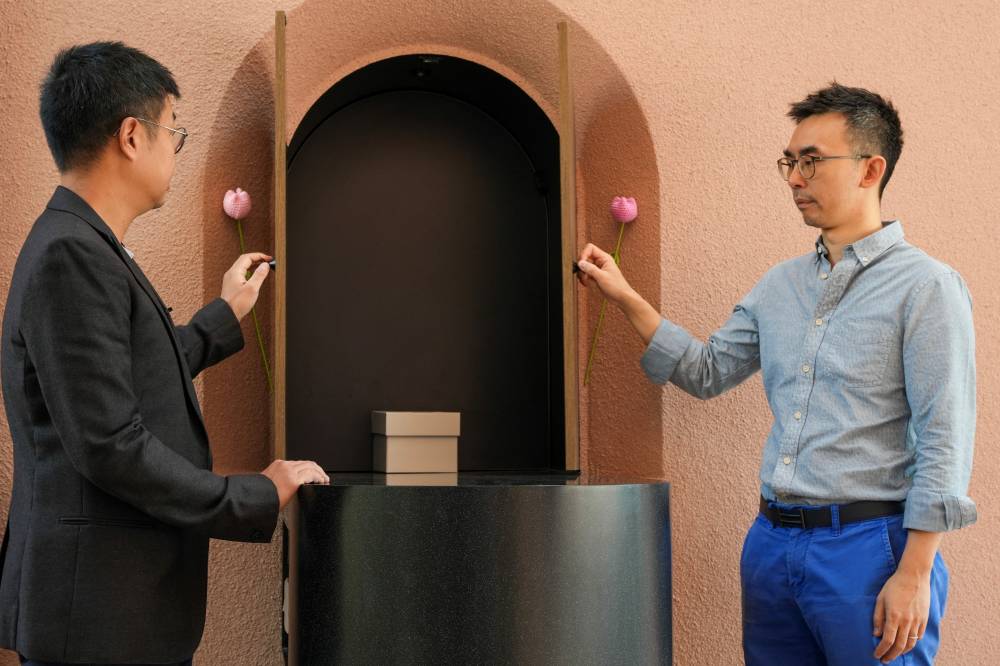
After placing a box holding the fetus’s remains into the inner chamber of a small altar, parents can switch off the light and close the wooden doors “like they are putting the baby to sleep,” Lee told Agence France-Presse (AFP).
“We want the families to feel that their loved one is not going into a wasteland, but going back into nature,” added cofounder Paul Mui.
While the Home of Forever Love is the only crematorium in the city providing these services, government-maintained gardens also offer parents a resting place for their lost loved ones.
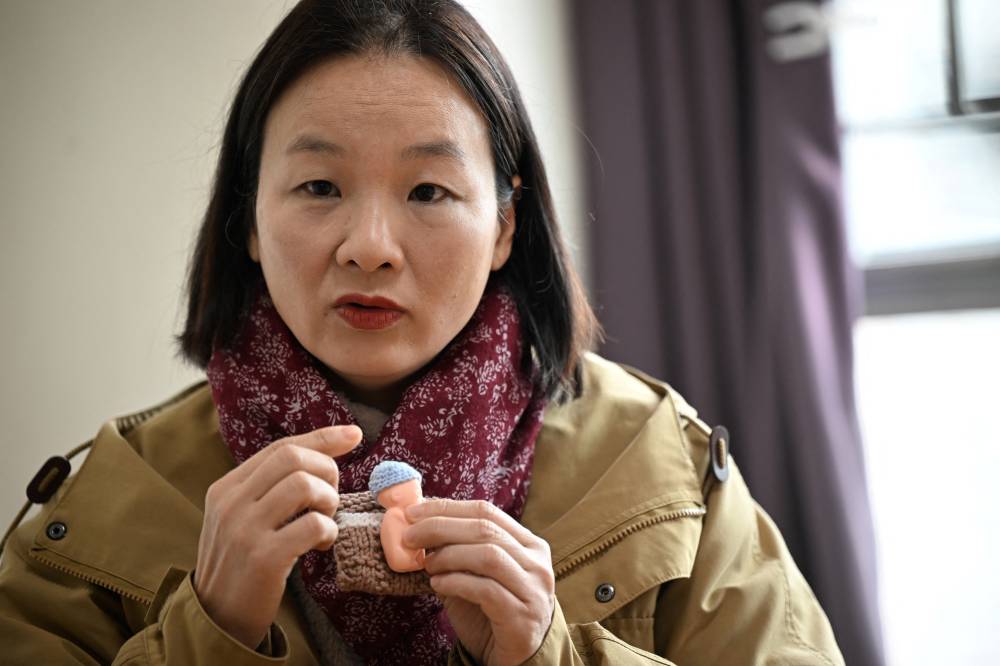
One, the Garden of Forever Love in east Hong Kong, is where Lok found a resting place for her unborn baby after she had an abortion at 20 weeks.
The garden floor of the cemetery is divided into small plots, each marked by a toy or an item.
For Lok, a stone with a sleeping elephant painted on it marks her unborn baby’s resting place with the words: “In loving memory of our precious son Luka.”
Lok, who spoke to AFP using a pseudonym to guarantee her privacy, carries a replica of the stone with her as well.
“Having a funeral arrangement helped me to feel relief. When everything was settled, it felt like closure for me,” Lok said.
“You wouldn’t want the body of your family members to be treated like waste to be thrown away.”
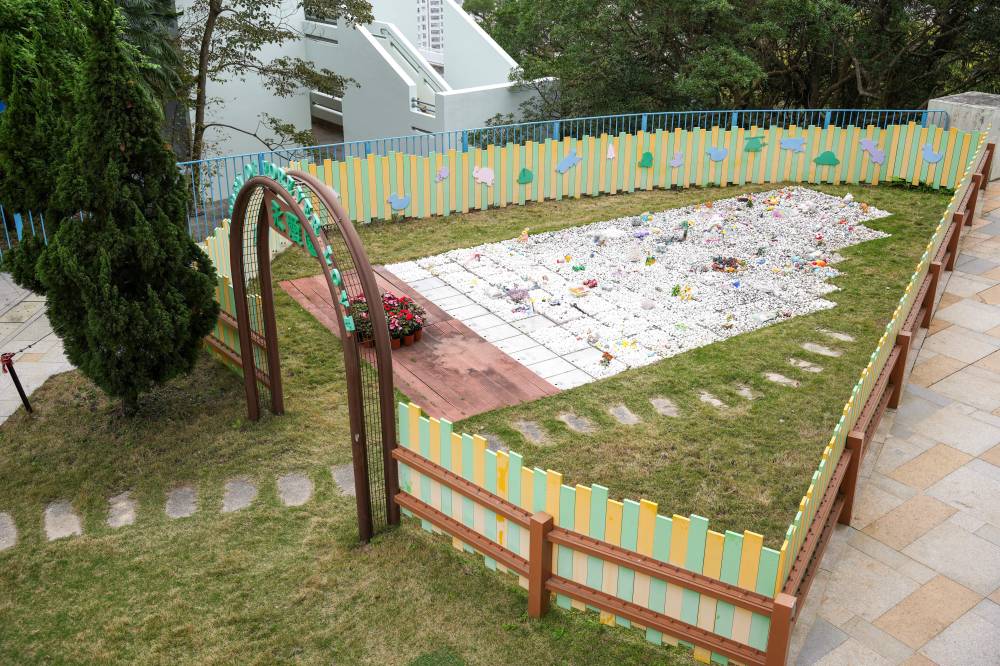
‘Social taboo’
Cremations or burials for fetuses have not always been an option in Hong Kong.
For years, the city’s regulations stipulated that the remains of fetuses under 24 weeks should be treated as “clinical waste” and discarded in landfills.
The issue received public attention in 2017, when a couple was denied their request to take back the remains of their 16-week fetus for a burial or cremation.
Tse Mei-yee, who had two miscarriages, said that watching the news of the couple brought back memories.
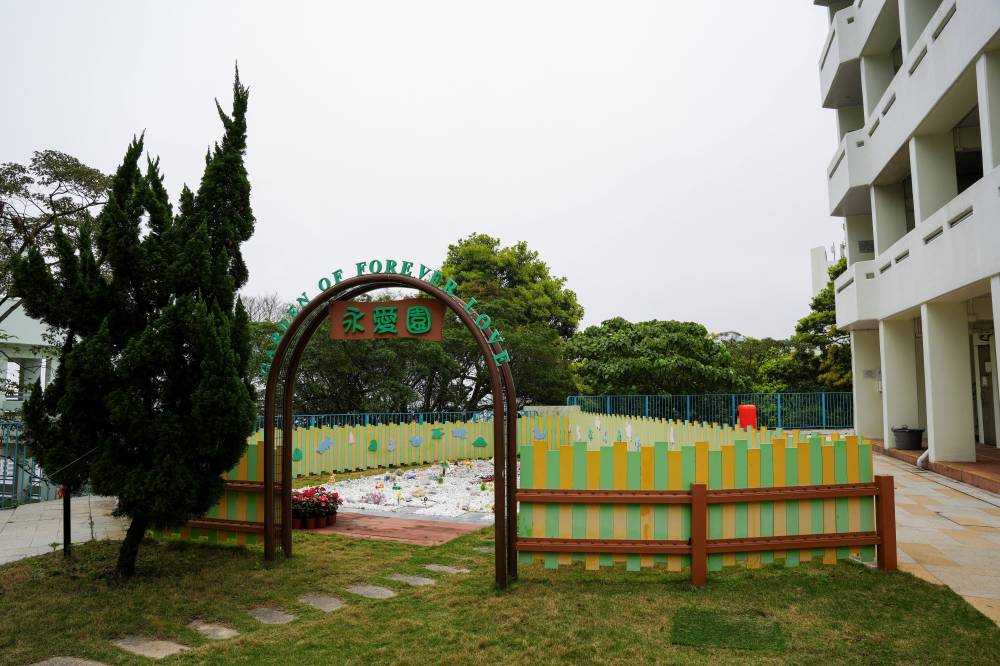
“It’s a social taboo—no one talks about it, and no one knows this rule. They (hospital staff) say to the parents, ‘We will handle your baby properly,’” Tse told AFP.
“But for the hospitals, it means to handle it properly as clinical waste,” she said.
Tse created the “Little Baby Concern Group” to offer bereavement counseling services and support for parents trying to retrieve the fetuses.
She also lobbied the government with a proposal signed by more than 10,000 doctors, nurses and religious leaders, which led to change.
In 2018, the government amended the regulations on the handling of fetuses under 24 weeks, allowing for all—including those unclaimed by families—to receive free cremation.
“It’s important,” said Lok.
If she had to experience her fetus being treated like clinical waste “it would be like hurting me twice—making it an even more traumatic experience.”
Lok had bought two plush egg toys during her pregnancy.
After saying a final goodbye to her “little egg,” she opened an Instagram account dedicated to Luka.
It features a smiling plush egg toy in different locations—in front of cherry blossom trees in Japan, taking a train in Taiwan, crossing a bridge in Korea.
“One is buried with him, the other is traveling the world with us,” she said. —AFP
AFP is one of the world's three major news agencies, and the only European one. Its mission is to provide rapid, comprehensive, impartial and verified coverage of the news and issues that shape our daily lives.












